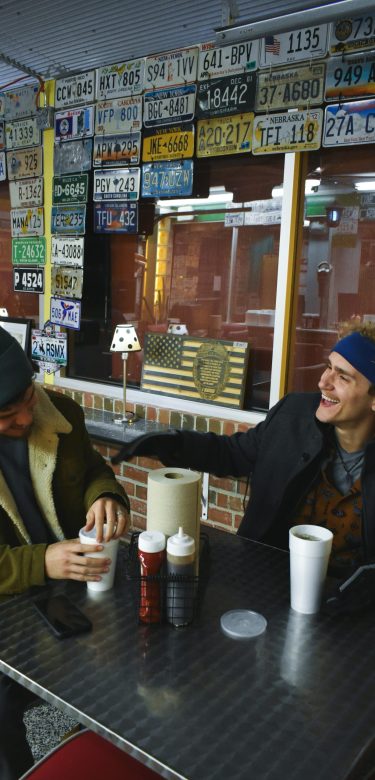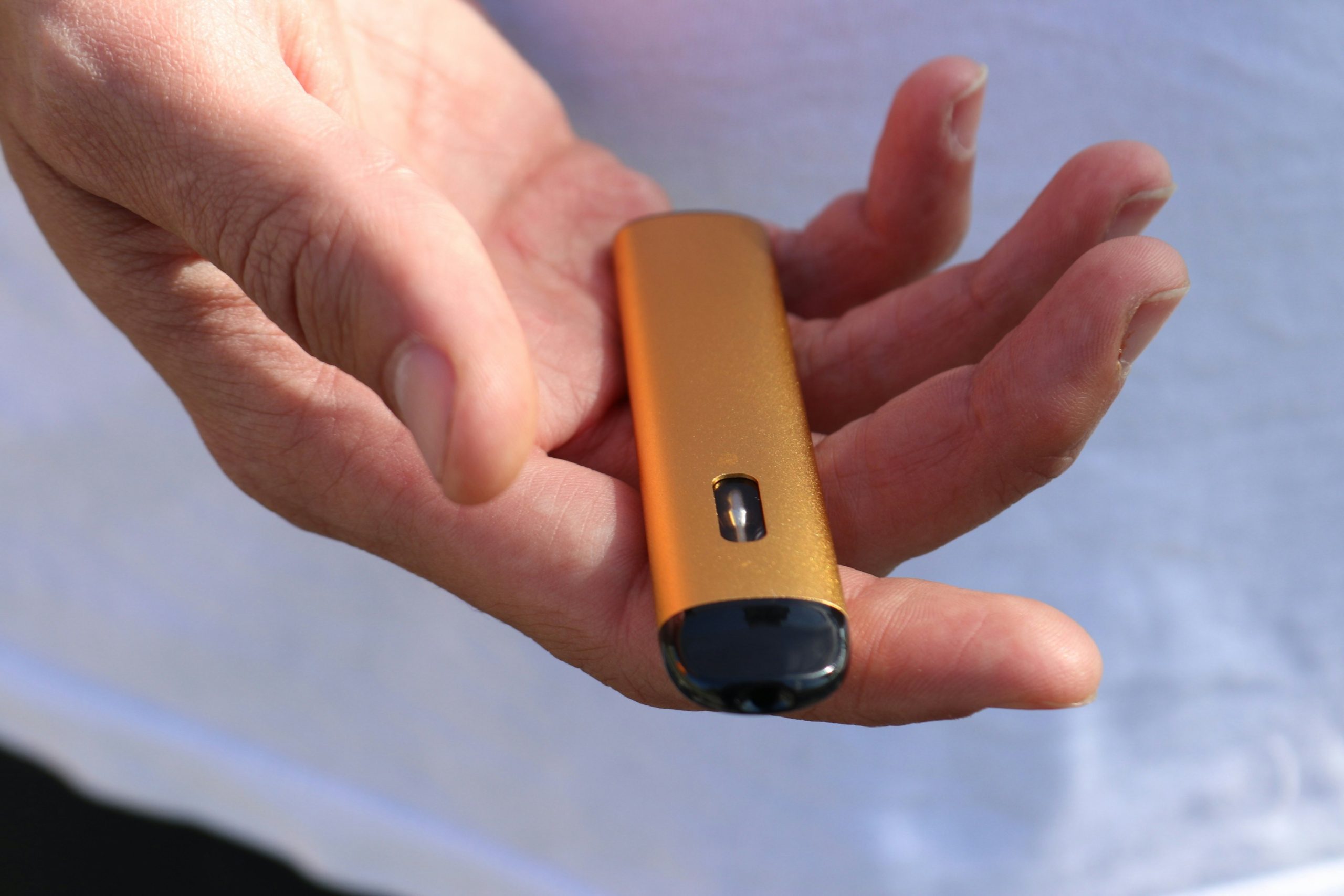Coping Strategies for Seasonal Depression: How to Build Your Dopamine Menu
As the days shorten and the weather cools, it’s common to feel a dip in your energy and motivation. This is often referred to as the “winter blues,” and for some, it can be a more serious condition like Seasonal Affective Disorder (SAD). A key component in the seasonal slump is thought to be a drop in certain brain chemicals, including dopamine, the neurotransmitter linked to pleasure, reward, and motivation. You may struggle with with feelings of depression that are linked to the change in weather, or you may struggle with seasonal depression. Either way, this is a coping tool for you!
You can actively work to increase those feel-good chemicals by being proactive! That’s where the trendy, yet highly effective, concept of a Dopamine Menu comes in. It’s a personalized, pre-planned list of activities to boost your mood, helping you fight back against seasonal depression and lack of motivation.
What Exactly is a Dopamine Menu?
A Dopamine Menu is essentially a self-care strategy framed like a restaurant menu, designed to give you a quick or sustained mood boost whenever you need it. It works on the principle of behavioural activation, which encourages you to engage in positive, enjoyable activities rather than waiting for the motivation to strike.
By listing and categorizing these activities, you eliminate decision fatigue. When you’re feeling low and unmotivated, you don’t have to think of what to do—you just consult your menu and pick a category based on the time and energy you have.

Building Your Seasonal Dopamine Menu
The key to a successful Dopamine Menu is personalization. What brings you joy? Think about the things that make you feel happy, productive, or relaxed. Since in this blog we are targeting seasonal changes, consider activities that embrace the cozier, quieter time of year.
Here’s a structure, inspired by the “Dopamine menu” trend, to help you organize your list:
1. Appetizers: Quick-Fix Boosts (5-15 Minutes)
These are activities that require little to no effort and offer an immediate reward. They’re perfect for a quick break or when you feel your motivation starting to slip.
- Savour a Seasonal Drink: Prepare and enjoy a warm drink, like a herbal tea, chai latte, or hot cocoa.
- Aromatherapy Hit: Light a seasonal scented candle or diffuser with comforting scents like vanilla or cinnamon.
- Quick Movement: Do a few gentle stretches, run up and down the stairs, or dance to one song. Physical activity is a major dopamine booster!
- Fresh Air: Step outside for a brief walk to get a quick dose of daylight, even if it’s cloudy.
2. Main Courses: Deeper Satisfaction (30-60 Minutes)
These require moderate effort and time, but provide a deeper sense of satisfaction and well-being. Plan these into your day or week.
- Creative Focus: Read a captivating book, work on a hobby, or spend time journaling your “glimmers” (small moments of joy).
- Social Connection: Call a close friend or family member for a meaningful chat, or plan an in-person lunch.
- Cozy Entertainment: Have a feel-good movie marathon or start a binge-worthy show.
- Indoor Nature: Buy yourself a small bunch of fresh flowers or an indoor plant to bring natural beauty inside.
- Bake or cook a new recipe or meal. Share this with a friend or neighbour, or keep it all for yourself!
3. Sides: Complementary Rewards
Sides are activities that you can pair with a more challenging task to make it enjoyable. They make the “have-to’s” of life a little nicer.
- Listen to an audiobook or podcast while cleaning a room.
- Put on a comforting playlist while completing a work task.
- Wear your comfiest clothes while doing household chores, or sit on the couch with a weighted blanket while doing your computer work.
- Enjoy a piece of dark chocolate (a known endorphin booster) after finishing a workout.

4. Desserts: Enjoy in Moderation (Special Treats)
These are things that provide a quick rush of pleasure but should be limited to prevent them from becoming avoidance or draining behaviours.
- Set a timer for a phone game.
- Take an intentional nap.
- Order takeout from your favourite local spot.
- Scroll social media for a set amount of time (e.g., 10 minutes).
5. Specials: Looking Forward to It (Less Frequent)
These are larger, often more time-consuming or expensive, activities that you plan in advance to give yourself something exciting to anticipate.
- Plan a weekend trip or staycation.
- Explore a new restaurant or event in your city.
- Book a massage or spa treatment.
- Buy tickets to a concert or show.

Making Your Menu Work Against Seasonal Depression
For people who struggle with seasonal slumps, the loss of natural light can disrupt the brain’s chemical balance, impacting mood and sleep. A Dopamine Menu is a proactive self-care tool to help manage these shifts.
Here are a few tips to maximize its effectiveness:
- Create it When You Feel Good: Make your list when your energy is high. When you’re low, it’s much harder to come up with motivating ideas.
- Make it Accessible: Keep your menu in a clear, visible spot—like on your phone’s lock screen or refrigerator—so you can quickly choose an item when you need a lift.
- Prioritize Movement and Light: Remember that exercise, getting outside (even on cloudy days), and using a light therapy lamp (if recommended by a professional) are all powerful, scientifically supported ways to combat the effects of shorter days.
- Connect to SAD Strategies: A Dopamine Menu is a great complement to other established strategies for Seasonal Affective Disorder, such as counselling (if you need a new counsellor – connect with our counselling team here), Vitamin D supplements, and maintaining a regular sleep schedule. (Always consult a healthcare professional for diagnosis and treatment of SAD). Even if you don’t meet criteria for depression or seasonal depression you can still use these strategies to combat low moods or lack of motivation!
By building your personal Dopamine Menu, you create an intentional, actionable plan to support your mental health this season. You’re not waiting for motivation to strike; you’re creating it, one enjoyable activity at a time.




